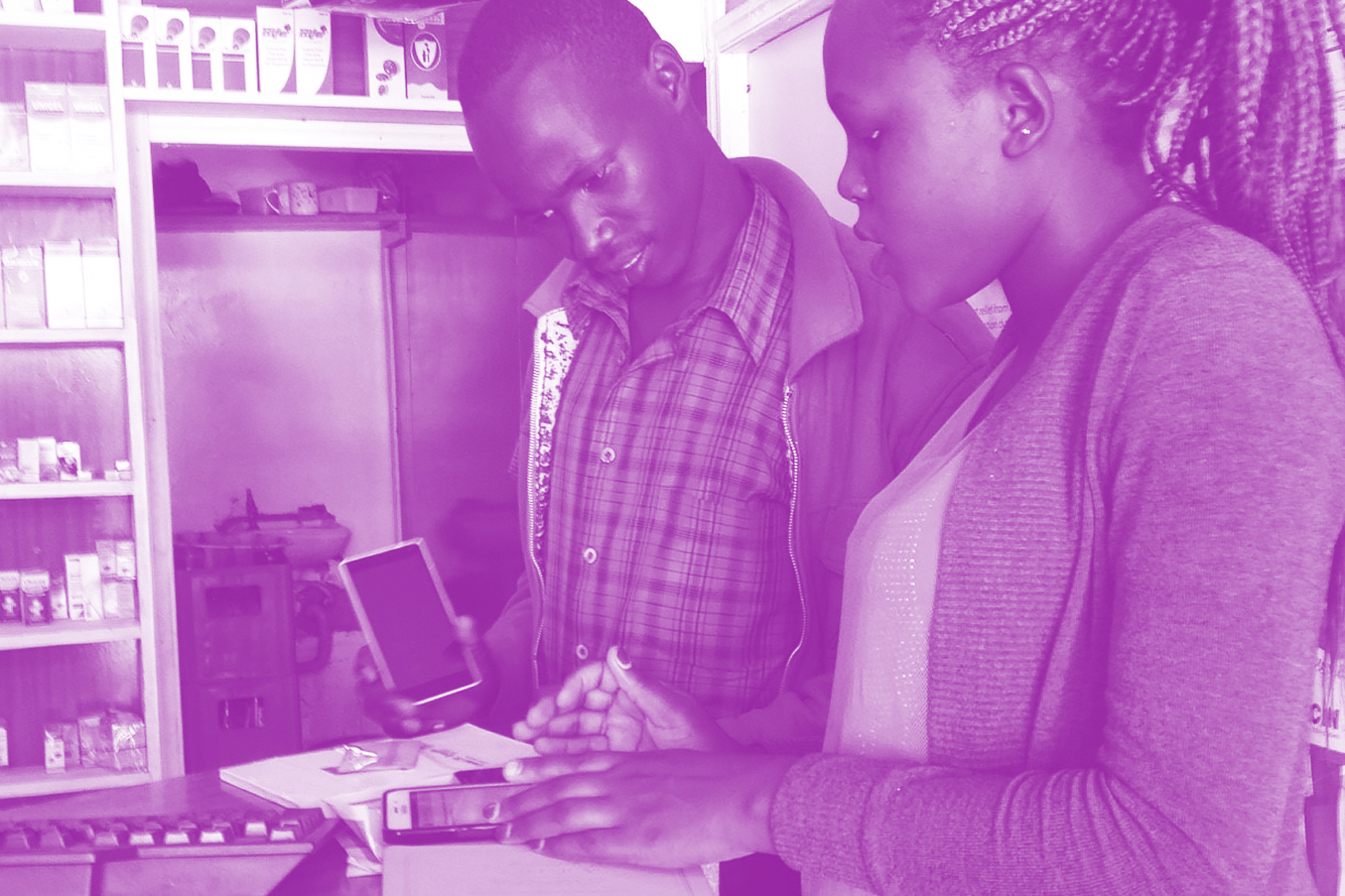International statistics cooperation

The objective of international statistics cooperation is to strengthen the international statistics system and increase access to comparable international statistics of high quality. Furthermore, the aim is to be able to influence decisions that are made and that affect Sweden. Statistics cooperation should also take advantage of the possibilities to strengthen and streamline the national and international statistics systems.
Statistics Sweden submits statistics to the European Union, as well as to other international organisations.
European Union
Statistics cooperation within the European Union aims to make Member States’ statistics comparable. Comparable statistics are an important means for developing, analysing, conducting, monitoring and evaluating EU policies. Statistics Sweden’s involvement in EU issues takes place mainly in the context of the European Statistical System (ESS).
Reporting to the European Statistical Office, Eurostat, is governed by regulations and directives, as well as by voluntary agreements. Around 15 Swedish government agencies responsible for producing statistics are included in the European statistics cooperation. Statistics Sweden coordinates cooperation efforts in Sweden.
OECD
The Organisation for Economic Co-operation and Development (OECD) aims to promote economic growth. Statistics Sweden takes part in the OECD’s statistics cooperation, mainly within the framework of the Committee for Statistics and Statistical Policy and its working groups. The agency also takes part in the work of other committees in which statistics are an essential concern.
United Nations
The United Nations Economic and Social Council (ECOSOC) is the main organ of the United Nations responsible for economic social and cultural issues.
The United Nations Statistical Commission, a Commission of the ECOSOC, is the highest decision-making body of the global statistics community. The Statistical Commission consists of 24 elected member countries, although most UN member states usually take part in meetings, often represented by the head of the National Statistical Office. The Director General of Statistics Sweden represents the agency at these meetings.
In addition, Statistics Sweden takes part as a representative in working groups and committees in the field of statistics and cooperates with numerous specialised agencies within the UN, including the International Labour Organisation (ILO), the World Bank and UNESCO.
The Nordic countries
The Nordic statistical offices have a long history of cooperation. This cooperation is often informal and includes exchanges of experience and coordination on matters of common interest for the Nordic countries.
Contact
- international@scb.se